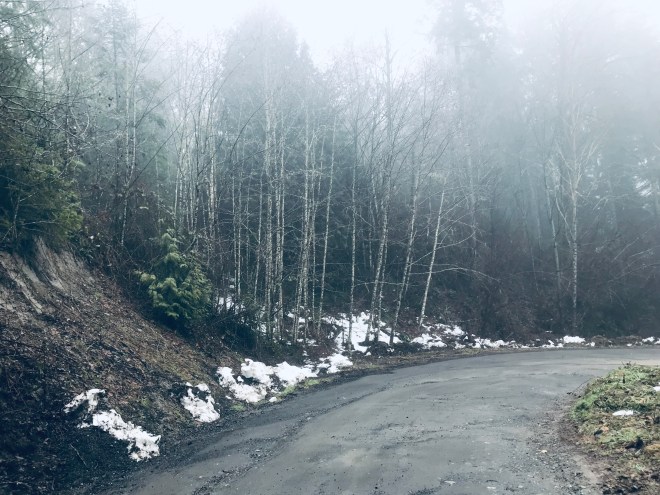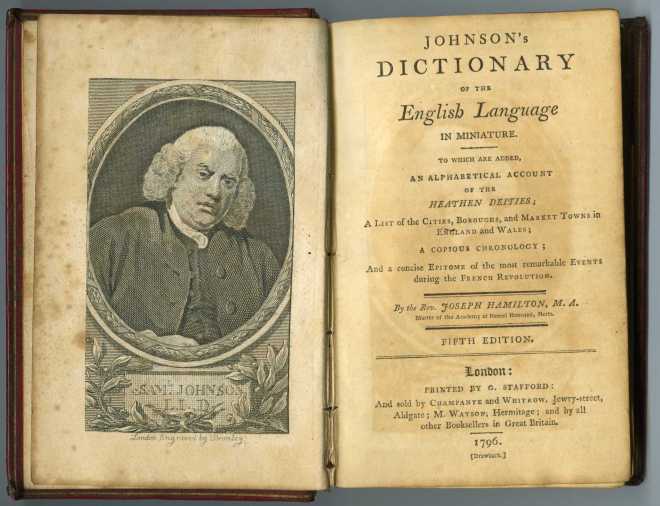
A Short Philosophical Love Note
Of what does missing consist?
(But first, know this, you are missed.)
It could be the lack of tender attack –
You see, I’ve missed getting kissed.
It might be like a disease
That only your treatment can ease.
The symptoms persist and although I resist
I wind up down on my knees.
It’s metaphysical tricks –
That’s strange, I know, but it sticks –
What else could explain the internal pain
When my heart my law contradicts.
It could be all in the mind,
If mental’s the way we’re designed.
But wishing you were does not make you here –
That’s truth of a different kind.
Who plumbs the depths of the soul?
And who knows the depth of the hole
Gouged when a lover heads for safe cover,
Exacting outrageous toll?
NOTES: When I headed off to college, my long-suffering father advised me to study “something practical.” He suspected that I was likely to squander my opportunity at getting the education he never had the chance to acquire.
It might have been my hair, which had not been cut since the end of football season. It might have been his knowledge that I was not the type of kid who listened to his elders.
So, of course, I went straight ahead and majored in philosophy with a minor in Greek and Latin.
And, also of course, the universe proved my father right. Upon graduation I entered the job market and landed a coveted job as fry cook at a pancake house.
It was the only job I could get.
I had gravitated towards philosophy because I wanted to find answers to the big questions of life. I wanted to find Truth, Beauty and Love, and thought that philosophy was the route.
I didn’t find the answers I sought in philosophy. Instead, I grew weary of hairsplitting arguments and arcane debates about the meaning of language.
By my senior year, I was tired of the whole enterprise.
But I did find truth in a most unsuspected place. Not in the heavy and thick books of philosophical and impenetrable prose. But in a dusty old Bible, the same Bible my father had been pointing me towards all my life.
Ironically, not only was my father right about studying something practical, he turned out to be right about where to find truth as well.
But off at college, I experienced my own personal John Newton/Saul of Tarsus moment.
Like the notorious English slave trader, I realized I had been blind about my own wretchedness.
Like the self-righteous Pharisee, I was knocked to the ground and scales fell from my eyes.
Like both of them, I was touched by grace and set on a new path with a completely fresh start.
After searching for truth in the ancient writings of Socrates and Plato, and seeking power in the seductive teachings of the East, I discovered that the truth I sought had been under my nose all the time.
But now that I had found truth, I still had to figure out what to do with my life. I was a decent short order cook, but I was pretty sure it wasn’t my calling.
I finally hit on the idea that I needed to do something that involved writing. And in those days in the afterglow of Watergate, this meant journalism. So I went back to school to take just enough classes to land a newspaper job.
We all wanted to be the next Woodward and Bernstein.
I was delighted when I landed my first freelance stringer assignment. I drove to City Hall, spent 3 hours at a city council meeting, drove back home and then spent another 4 or 5 hours writing up as many stories as I could. The next morning, I drove the finished copy to the office.
I was delighted that for this they’d pay me a whole 15 bucks! And if one of the stories was decent, I might get a treasured byline.
What I didn’t realize was that the newspaper business had already started its long, slow decline. By the early 1980s, afternoon dailies were already going out of business all across the U.S.
Newsrooms were shrinking and it was tough to get on with a major metropolitan paper. And this was all before the internet cut the legs out from under newspapers’ business model.
Impatient with the career prospects at the big papers, I took a job as the editor of a financial newsletter.
(Had I been a better investigative journalist, I would have discovered that this publication had nothing to do with reporting objective truth. Instead, it was the front-end lead generator for a rare coin and precious metals dealer. It was really a direct marketing enterprise.)
But things worked out, and that first direct marketing job eventually led me to doing fundraising for good causes, which has been my career for the past quarter century.
But for several years — before I found the love of my life and the mother of my children — my love life followed the same tragic-comic early trajectory as my circuitous career path.
Full of false starts and spectacular missteps.
After one of these disasters, many years ago, I wrote the poem posted today.
It’s about the only thing I have to show today for my philosophy major.








